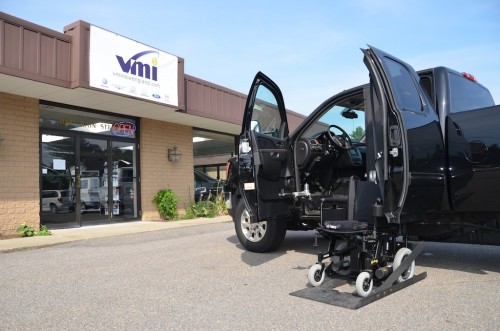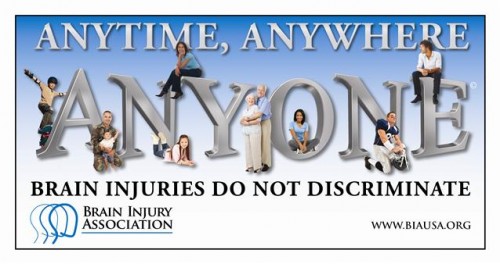 The Ryno wheelchair Pickup truck is a product that Automotive Innovations Inc. is truly proud to showcase. This modified pickup truck retains its rugged good looks and powerful towing capacity, allowing you to haul loads of gravel, even tow boats or other vehicles.
The Ryno wheelchair Pickup truck is a product that Automotive Innovations Inc. is truly proud to showcase. This modified pickup truck retains its rugged good looks and powerful towing capacity, allowing you to haul loads of gravel, even tow boats or other vehicles.
Ryno Mobility is the Leader in Accessible Truck Conversions
Much like Automotive Innovations in Bridgewater, Massachusetts Ryno Mobility has been the leader in accessible conversions for many years. Automotive Innovations is pleased to offer the newest truck conversion the RYNO MEGA. Functionality of a Mini Van, but the personality, hauling capacity and towing capacity of a truck!
Automotive Innovations Inc. offers many options to personalize your vehicle. Whether it be a contractor, farmer, rural area or someone that is tired of the same conversions, with a Ryno Mobility conversion Automotive Innovations Inc. has a solution for you! So contact their staff today, they are always there to advise and help you with your RYNO conversion. Their goal is to assist you and with close to 25 years in the mobility field they most certainly can get you on the road to freedom.
We Deliver Freedom
Automotive Innovations is the preferred New England NMEDA QAP accredited wheelchair accessible pickup dealer.
They are a family business that has has a combined experience of over 73 years in the adaptive mobility equipment industry and provide adaptive mobility solutions for customers all across New England. Select a mobility vehicle from their inventory or choose a non-modified vehicle and let their certified technicians modify it for you.
Automotive Innovations Inc. has been designing, engineering, selling and installing mobility equipment such as hand controls, zero effort steering, servo steering, servo gas brake left foot gas pedals and installing them in GM vehicles for over 25 years.

